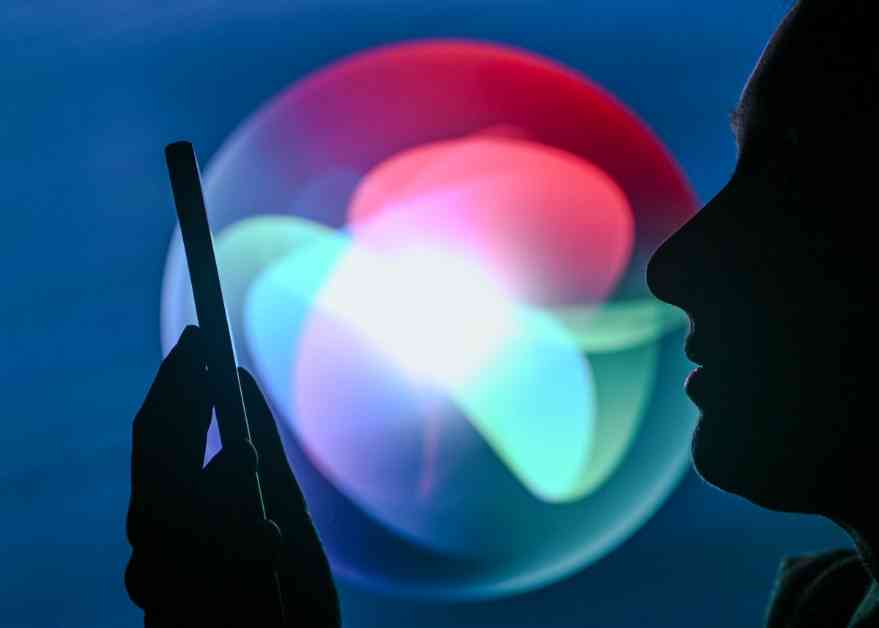Is Your Tech Listening? Apple Settles Claim for Siri Eavesdropping
Apple coughed up a hefty $95 million to settle a claim alleging that Siri, the voice-activated assistant, was snooping on private conversations and using the content to dish out targeted ads. The lawsuit, Lopez v. Apple, was born in July 2019 after a whistleblower spilled the beans on Apple subcontractors listening to Siri recordings to check if the assistant was on the ball. The whistleblower claimed that Siri would accidentally tune in to sensitive audio through random activations triggered by background noises like the sound of a zipper. As a result, user location and contact information were allegedly being stored alongside recordings without users’ knowledge. Naughty naughty, Apple.
The lawsuit was filed by plaintiffs who reported spooky instances of discussing products or services only to be bombarded with ads for them shortly after. It’s like Siri was playing a game of mind-reading without anyone’s consent. Apple, however, denied any wrongdoing, as they typically do in such cases, but still decided to settle the matter quietly with a fat check. The settlement allows U.S. owners of Siri-enabled devices bought between September 2014 and December 2024 to claim up to 20 bucks per affected gadget. So if you’ve been rattling on about your secret love for Air Jordan sneakers or your last visit to Olive Garden, Siri might have been listening in and selling you out to advertisers. Sneaky little thing.
The whole debacle raises concerns about privacy in the age of smart gadgets that seem a bit too smart for comfort. Amazon’s Alexa and Google’s assistant have also faced similar accusations in the past, with reports of accidental recordings being sent to unintended recipients. It’s like these devices have a mind of their own, picking up on snippets of conversations and sending them off to who knows where. The fear of being eavesdropped on by our own technology is a real and valid one, with surveys showing that a majority of Americans believe their phones are listening in on them for the sake of targeted ads. It’s a creepy thought, knowing that every word you say could potentially be used against you in the court of advertising.
In the end, Apple may not have admitted to any wrongdoing, but the settlement speaks volumes about the need for stricter privacy measures when it comes to voice-activated assistants. If Siri can’t keep its virtual ears in check, who can? Maybe it’s time to start whispering sweet nothings to our devices just to mess with them. Who knows, maybe they’ll start recommending us therapy sessions for being too paranoid. But hey, better safe than sorry, right? After all, you never know who’s listening on the other end of that sleek, shiny gadget.




